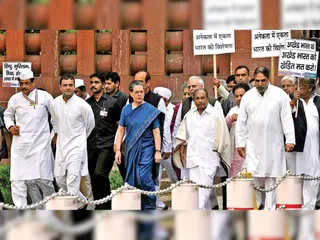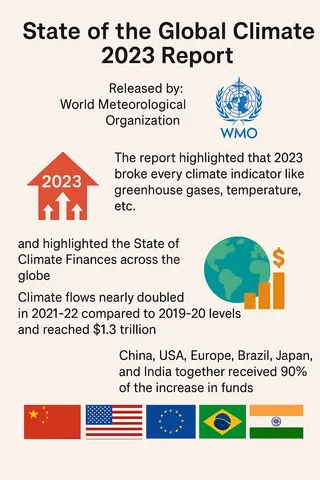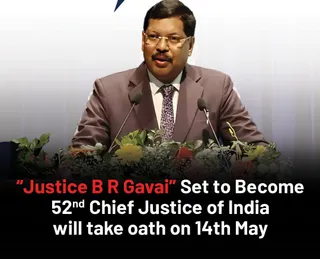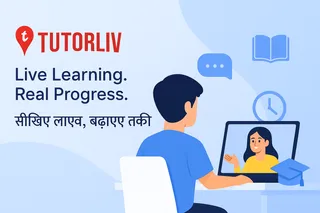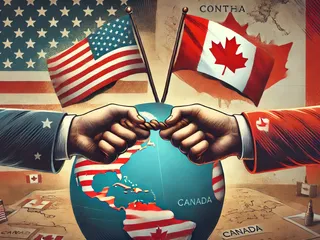Viksit Bharat, or 'Developed India,' is a visionary initiative led by Prime Minister Narendra Modi, aiming to transform India into a prosperous and inclusive nation by 2047, coinciding with the centenary of its independence. This comprehensive blueprint focuses on several key pillars: 1. Economic Empowerment: The vision emphasizes creating a robust and inclusive economy that offers ample employment and entrepreneurial opportunities. Initiatives such as 'Make in India,' 'Digital India,' and 'Startup India' are pivotal in promoting domestic manufacturing, digital infrastructure, and a thriving startup ecosystem. These programs aim to stimulate investment, drive economic growth, and harness innovation across various sectors, thereby lifting millions out of poverty and unlocking the nation's full economic potential. 2. Infrastructure Development: Developing world-class infrastructure is crucial for sustainable growth and enhancing citizens' quality of life. The government has launched extensive projects, including the construction of modern roads, railways, ports, and urban infrastructure upgrades. Initiatives like the Pradhan Mantri Awas Yojana (Affordable Housing Scheme), Bharatmala (road development), Sagarmala (port development), and the Smart Cities Mission underscore the commitment to building livable, sustainable cities, improving connectivity, and ensuring affordable housing for all. Projects such as Vande Bharat trains and the UDAN (Ude Desh ka Aam Naagrik) scheme have made travel more accessible and comfortable for citizens. 3. Inclusive Development and Social Welfare: Ensuring that economic progress benefits all sections of society is a cornerstone of the Viksit Bharat vision. The government has implemented landmark initiatives to empower marginalized communities, enhance social security, and improve access to healthcare and education. Programs like Ayushman Bharat (healthcare), Swachh Bharat Abhiyan (sanitation), Beti Bachao Beti Padhao (girl child empowerment), and Pradhan Mantri Jan Dhan Yojana (financial inclusion) reflect the dedication to fostering a more inclusive and equitable society. Notably, Jan Aushadhi Kendras have provided medicines at substantial discounts, resulting in significant savings for low and middle-income families. 4. Environmental Sustainability: The vision prioritizes a greener and cleaner India by promoting renewable energy, water conservation, and cleanliness. Initiatives like the International Solar Alliance, Jal Jeevan Mission (water conservation), and Swachh Bharat Abhiyan (Clean India Mission) aim to address environmental challenges and promote sustainable development. The government's commitment to increasing the share of renewable energy in the national grid and enhancing forest cover reflects a dedication to combating climate change and preserving natural resources. 5. Technological Innovation and Digital Transformation: Embracing technology and digital solutions is central to India's development strategy. The Digital India initiative aims to transform the country into a digitally empowered society and knowledge economy. Efforts to expand internet connectivity, promote digital literacy, and encourage e-governance are enhancing transparency, efficiency, and citizen engagement. The proliferation of digital payment systems and the growth of the fintech sector are also contributing to financial inclusion and economic modernization. 6. Global Engagement and Strategic Partnerships: India's vision of becoming a developed nation includes active participation in global affairs and the strengthening of strategic partnerships. Engaging with international organizations, fostering bilateral relations, and contributing to global initiatives reflect India's commitment to being a responsible global player. Collaborations in areas such as defense, trade, and technology are enhancing India's global standing and opening new avenues for growth and development. By focusing on these pillars, the Viksit Bharat vision aims to create a prosperous, inclusive, and sustainable future for India, ensuring that the benefits of development reach every citizen and position the country as a leading global power by 2047.
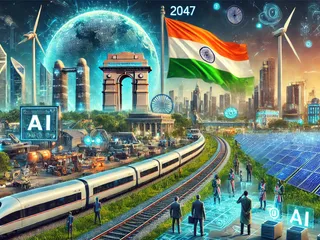

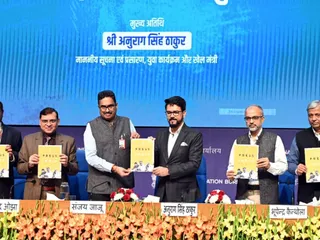

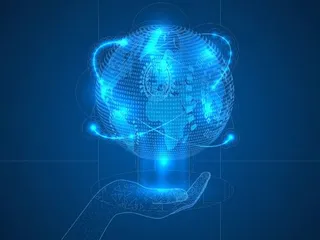
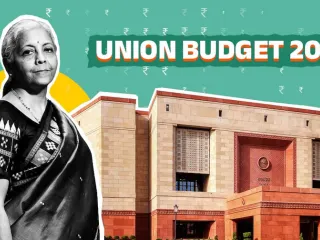

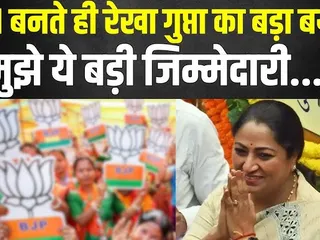


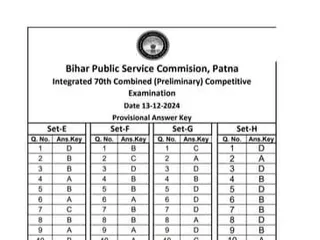





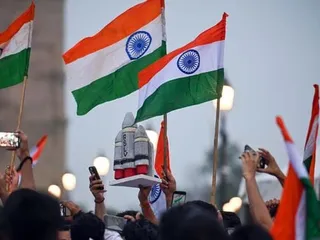

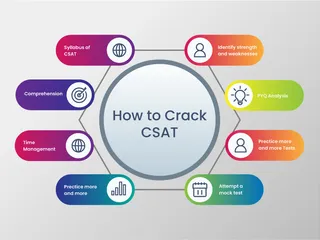
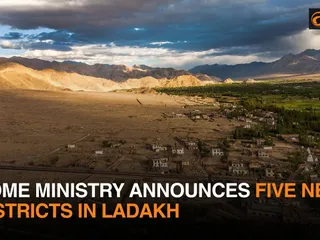
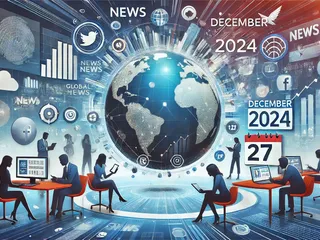

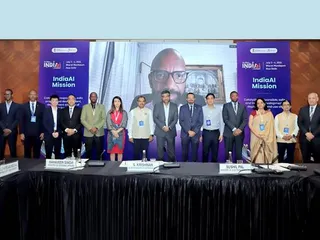
-(20)jpeg-1745030278713.jpeg.webp)

